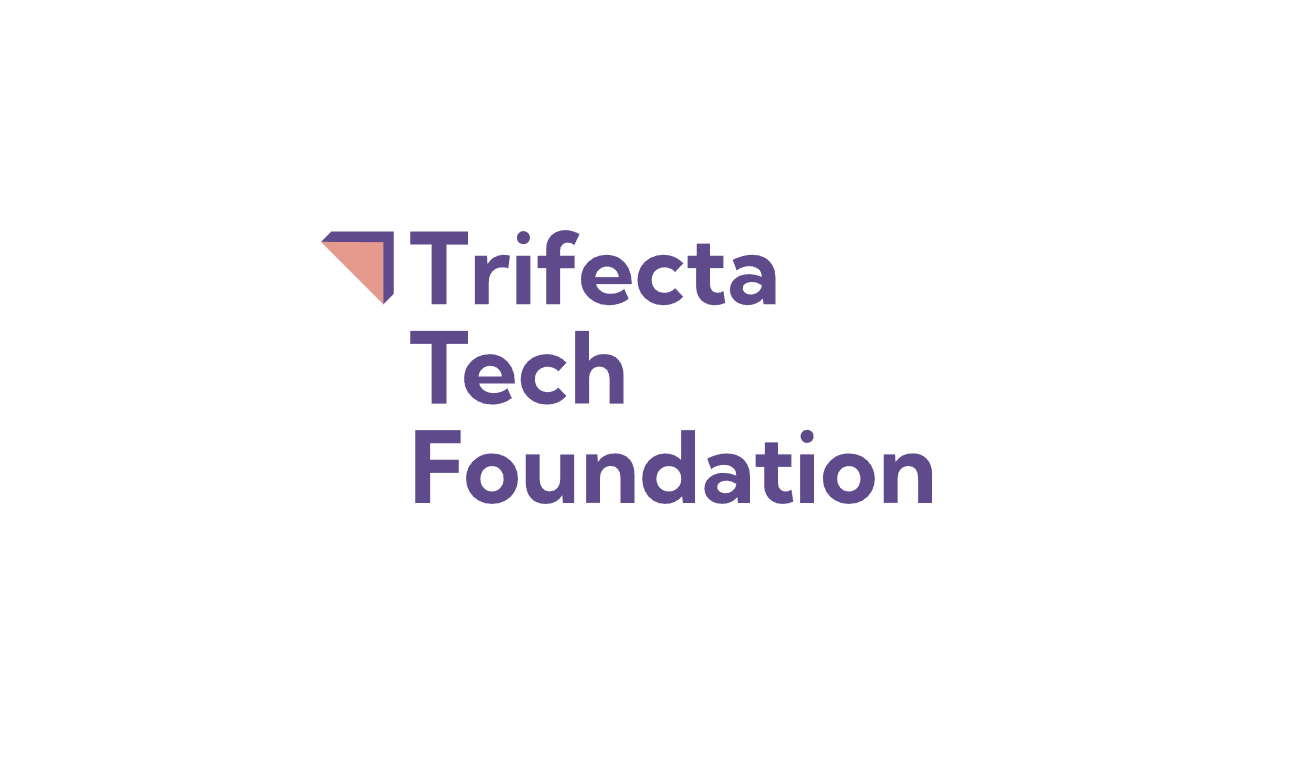“AI is not doing its job today and should leave us alone” according to analyst firm Gartner’s global chief of AI research Erick Brethenoux.
Speaking at the firm’s Data & Analytics Summit in Sydney, Australia, today, Brethenoux said he didn’t have time to read summaries of meetings two or five years ago, before the creation of such documents became a key application of generative AI.
“I don’t have time to do the five actions in the summary,” he added. “I know what I have to do.”
Brethenoux also questioned why AI-generated meeting summaries list action items from a meeting instead of AI just doing the work itself.
“Just go and do it already,” he said, and called for AI to simplify users’ lives by automatically performing tiresome tasks.
He cited a use case at US healthcare company Vizient where the CTO asked employees what tasks bother them on a regular basis – the sort of thing everyone dreads having to do when they arrive at work on Monday morning. Armed with feedback from thousands of employees, the company automated the most-complained-about chores.
The result? “Instant adoption, zero change management problems,” Brethenoux said. Employees then bought in to AI and started to make good suggestions for further AI-enabled automation.
The analyst labeled this approach “Empathy AI” and cited another example of it at a real estate company that must go through 17 steps to assess whether it will rent a property to a prospective tenant.
- BT chief says AI could deliver more job cuts, hints at Openreach sell-off
- Half of businesses rethink ditching humans for customer service bots
- Go ahead and ignore Patch Tuesday – it might improve your security
- Analysts welcome ACID transactions on real-time distributed Aerospike
The company assesses candidates on each of the 17 steps in sequence, so a failure on step 16 meant it had wasted time working on the previous 15 steps. The org now uses AI to automate all steps in parallel.
Enterprise tech vendors currently advocate for automation using AI agents – bots that can perform some tasks independently – to automate the boring parts of IT ops or to work as a kind of personal assistant.
Brethenoux thinks tech buyers must take that vision with a large pinch of salt, for two reasons.
One is that AI agents are not new. He said industrial companies have used them for decades in relatively closed systems. While they now rely on agents for certain tasks, they have seldom found the software can handle very complex tasks.
Yet vendors are suggesting personal AI agents will easily work with many sources of data across an enterprise and do things like automatically decide a worker should attend a meeting, then place that meeting in their Outlook or Google calendar.
“Now you have 50,000 agents running around the enterprise,” he posited. “How do you orchestrate this? How do they negotiate?”
Brethenoux said he’s asked vendors how such automated scheduling would consider competing needs of an employee’s boss, partner, or kids. Their response, he said, is “silence.”
The analyst thinks vendors and users have not given enough consideration to how to build agentic systems that address those issues.
“This is a software engineering problem,” he said. “You need people who understand you decompose systems, when they can communicate, the degree to which they communicate, the different autonomy levels that you give within an agent.”
Software engineers also need to determine what information agents can perceive, what they can control, and what they can execute upon.
“It’s not trivial,” he said.
Vendors know this, he said, but are nonetheless promoting the idea that agentic nirvana is within reach.
Brethenoux said the current wave of AI hype is fueled in part by conflation of the terms “AI agent” and “generative AI” – and use of fuzzy definitions for both.
He lamented that practice by sharing an aphorism attributed to French philosopher and Author Albert Camus: “To misname things is to contribute to the world's miseries.” ®
.png)




